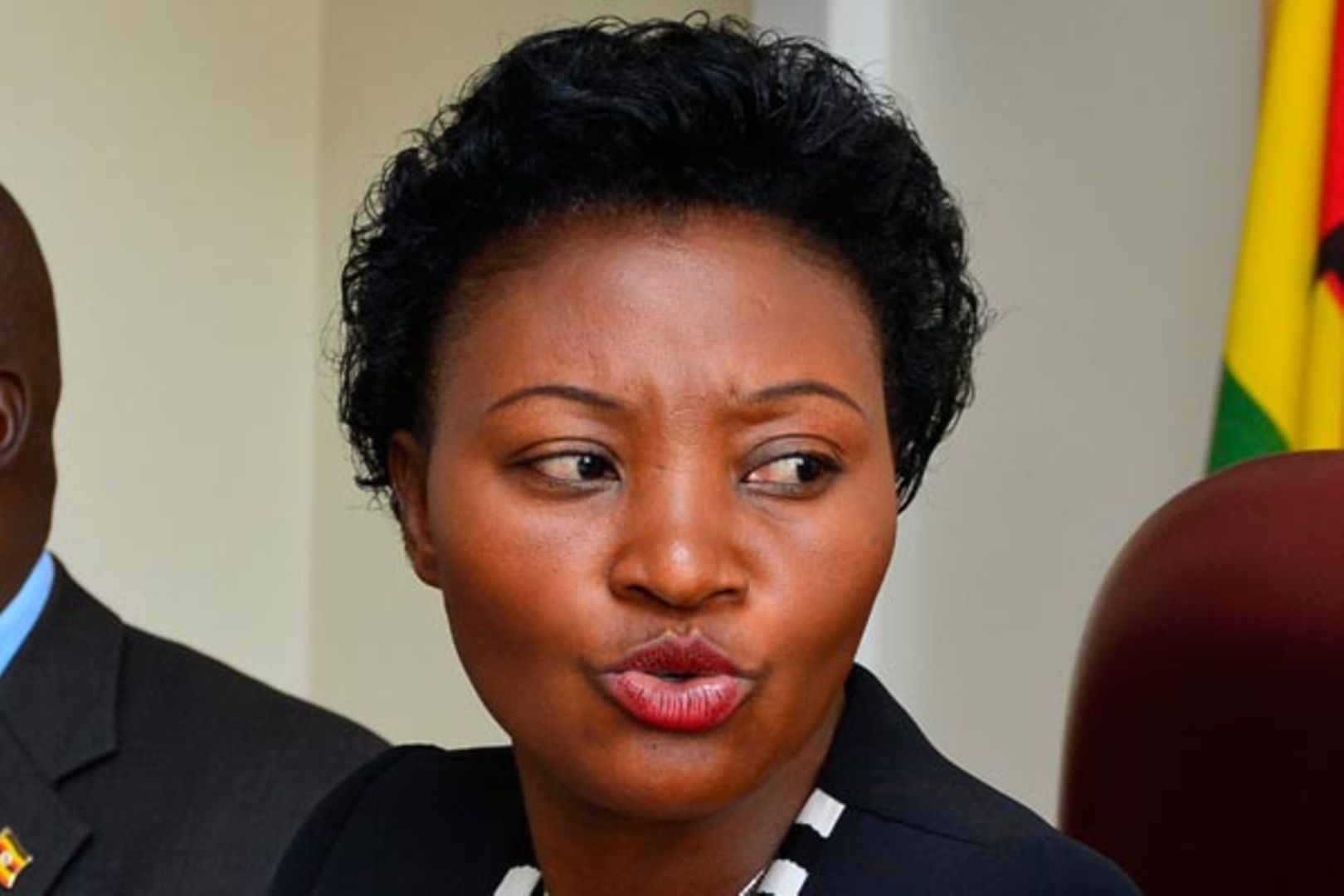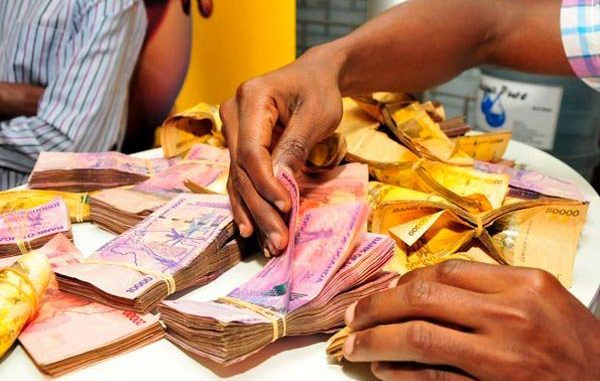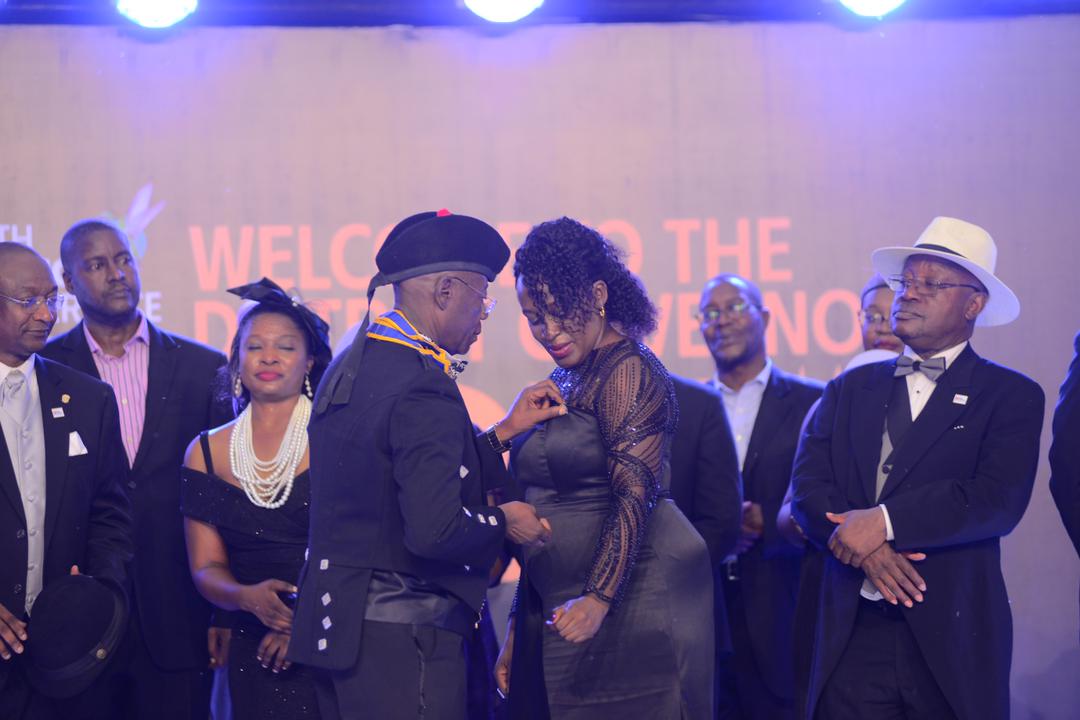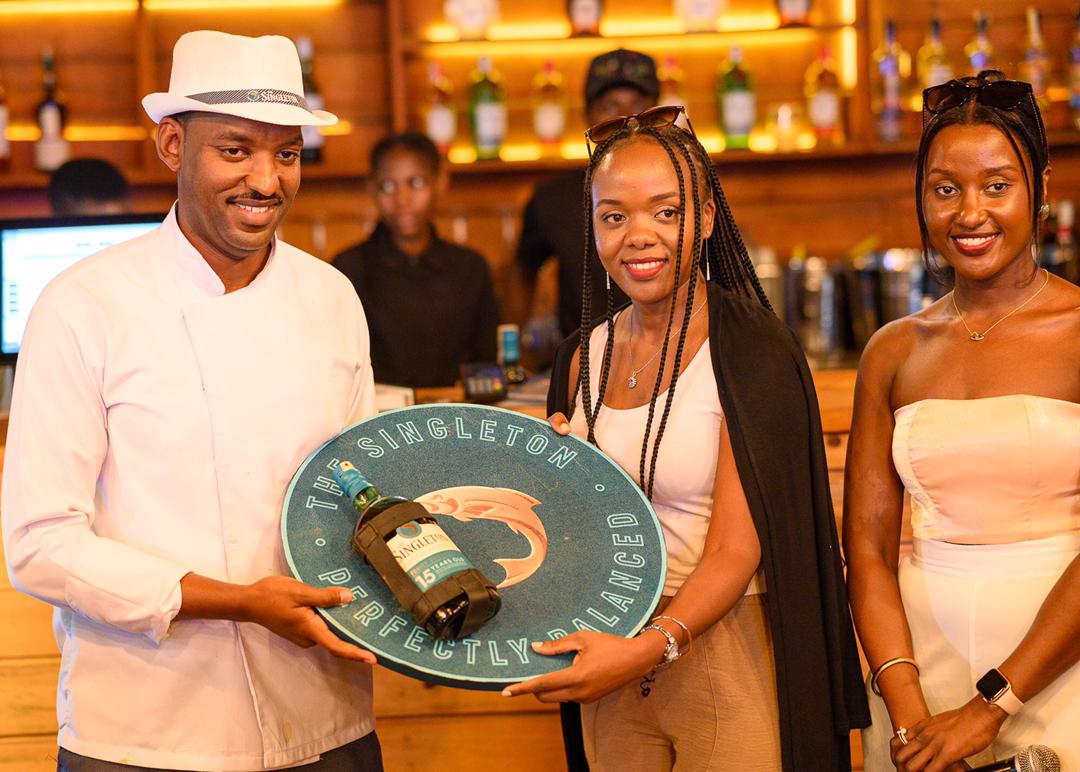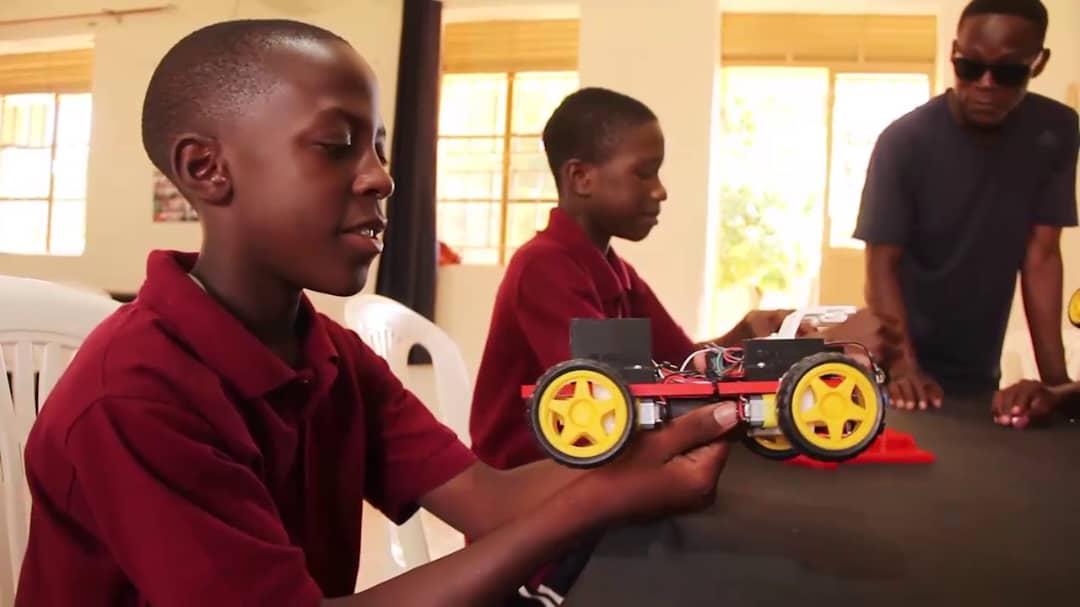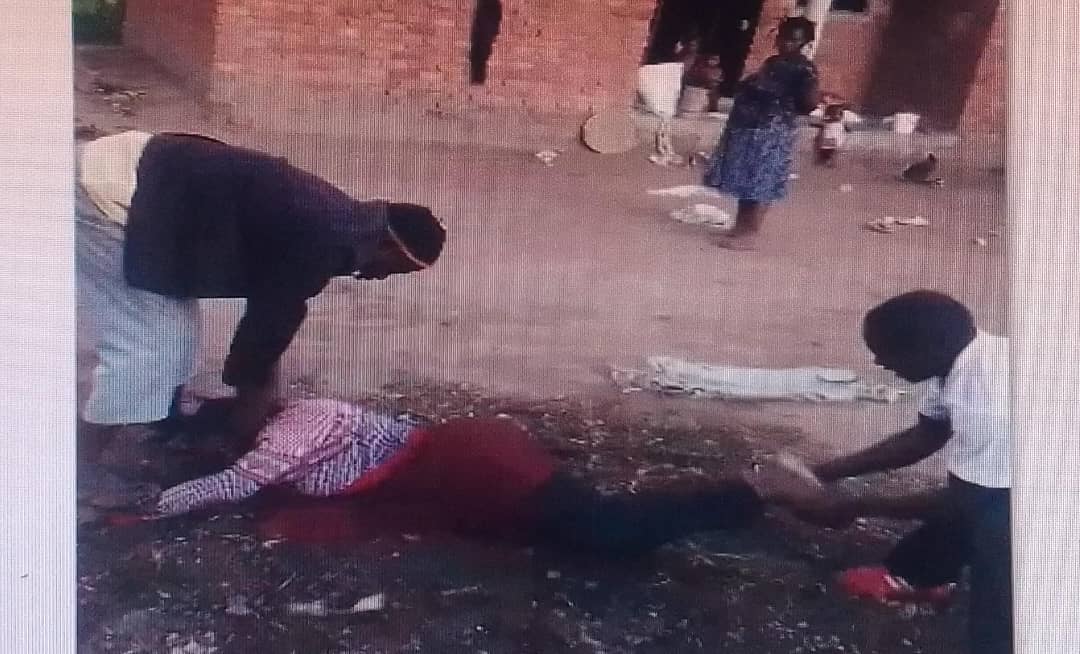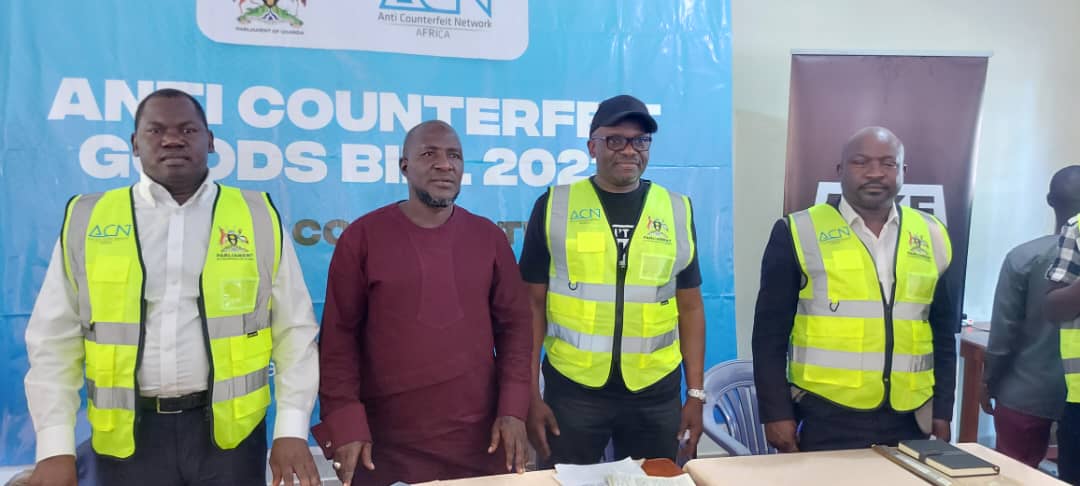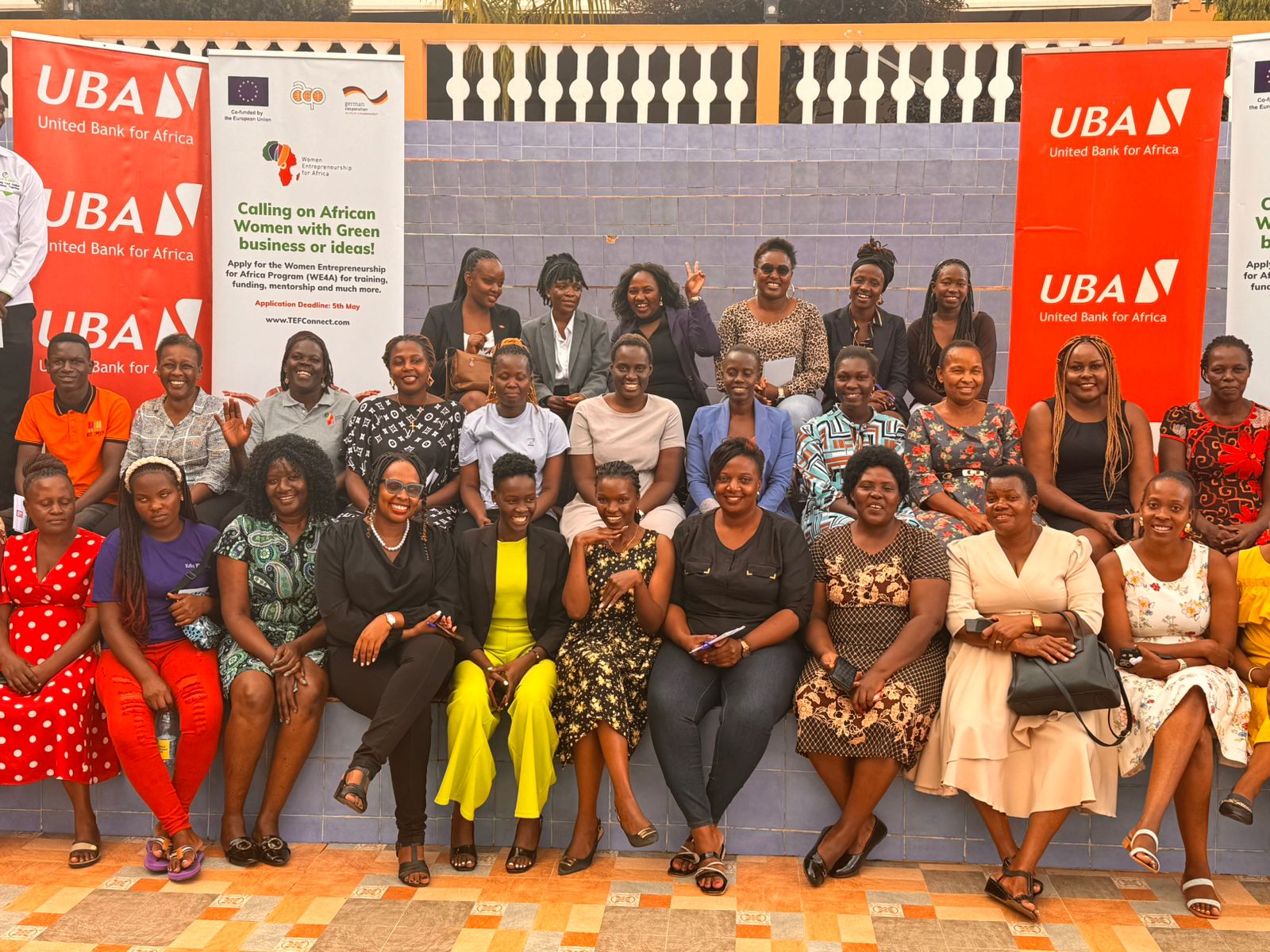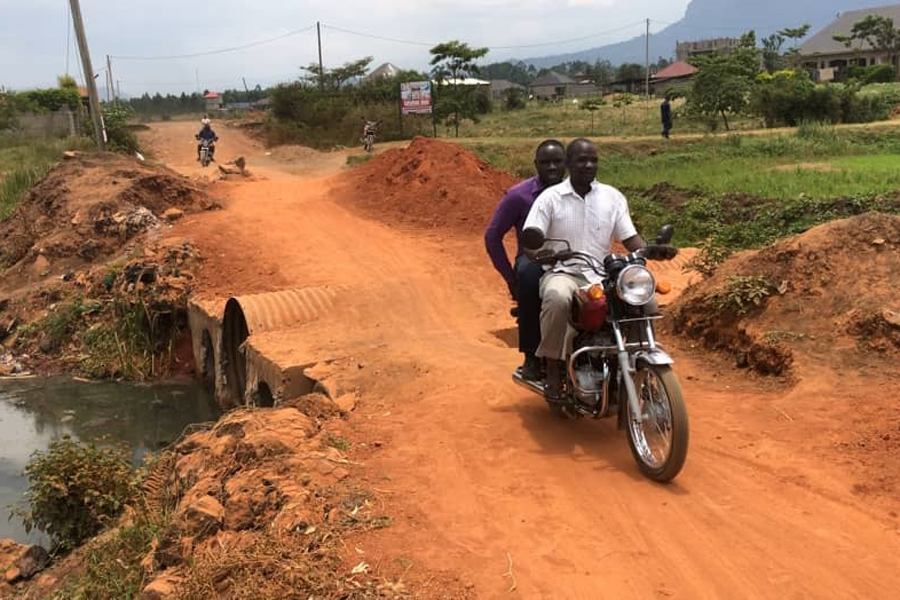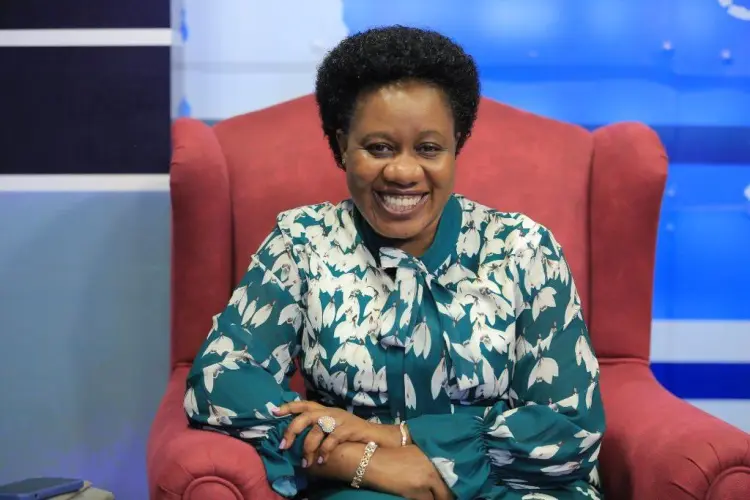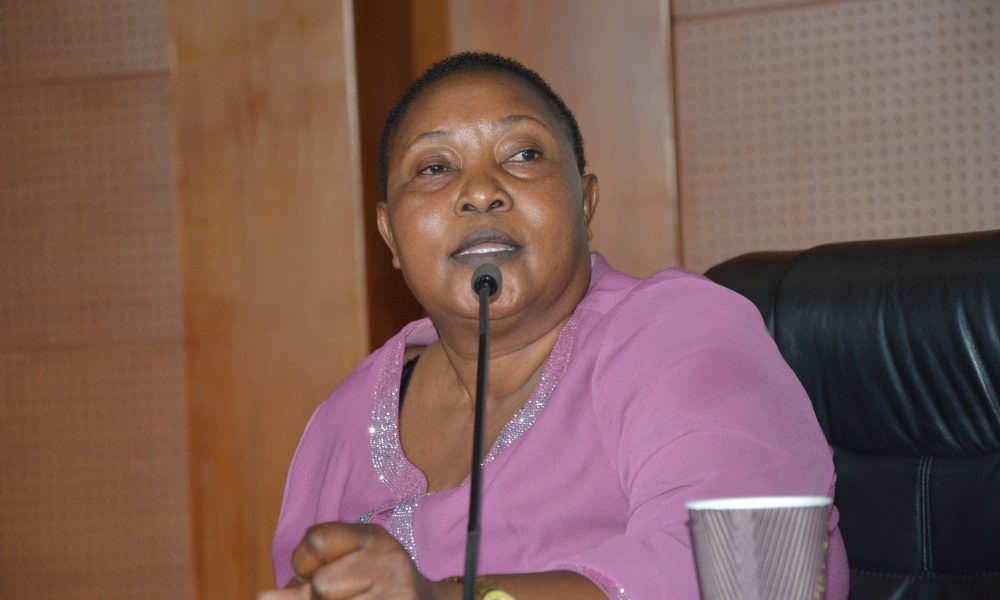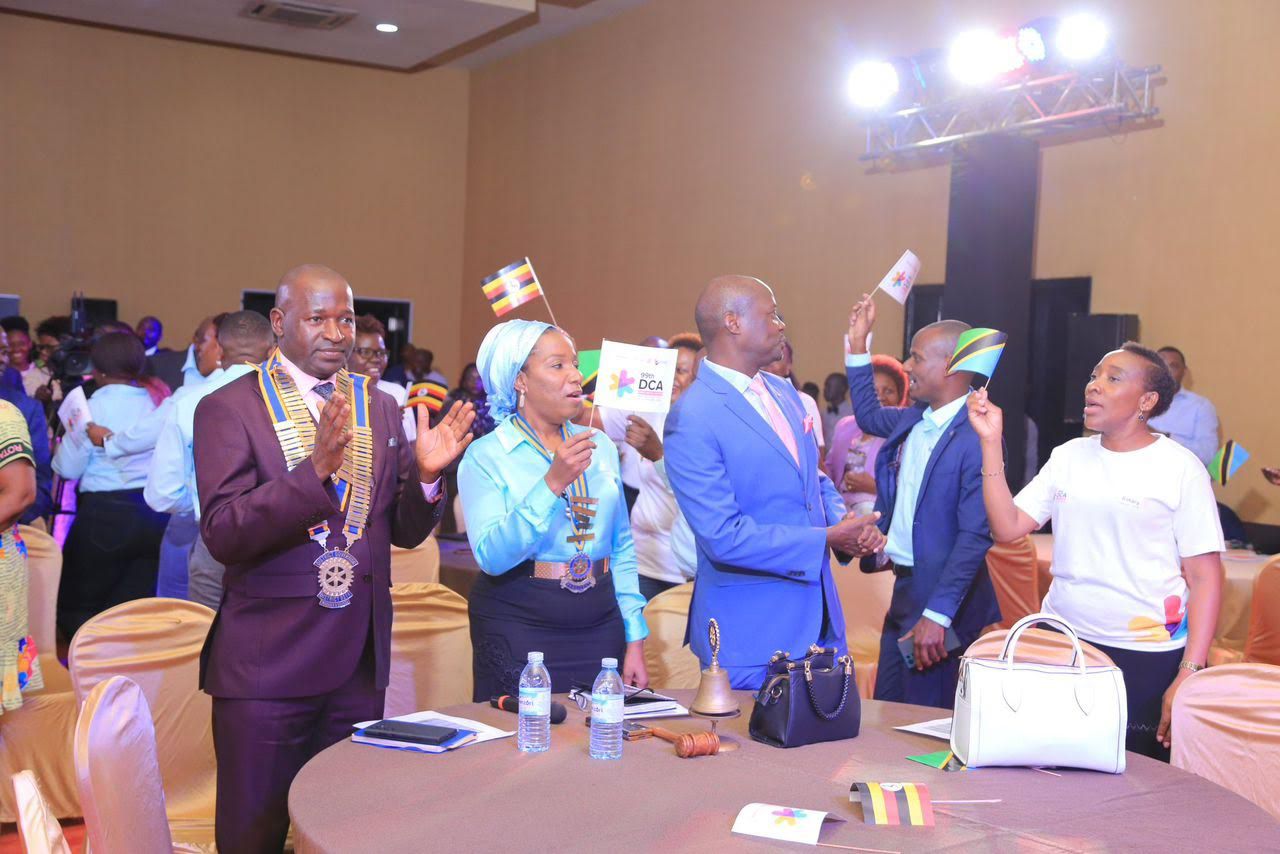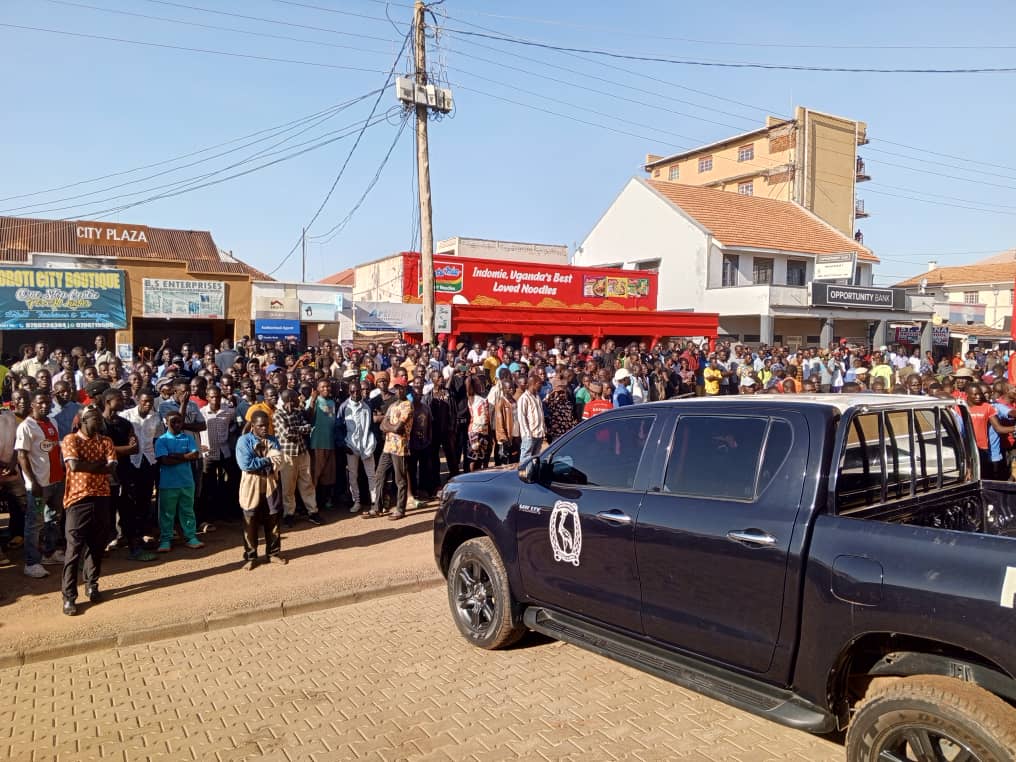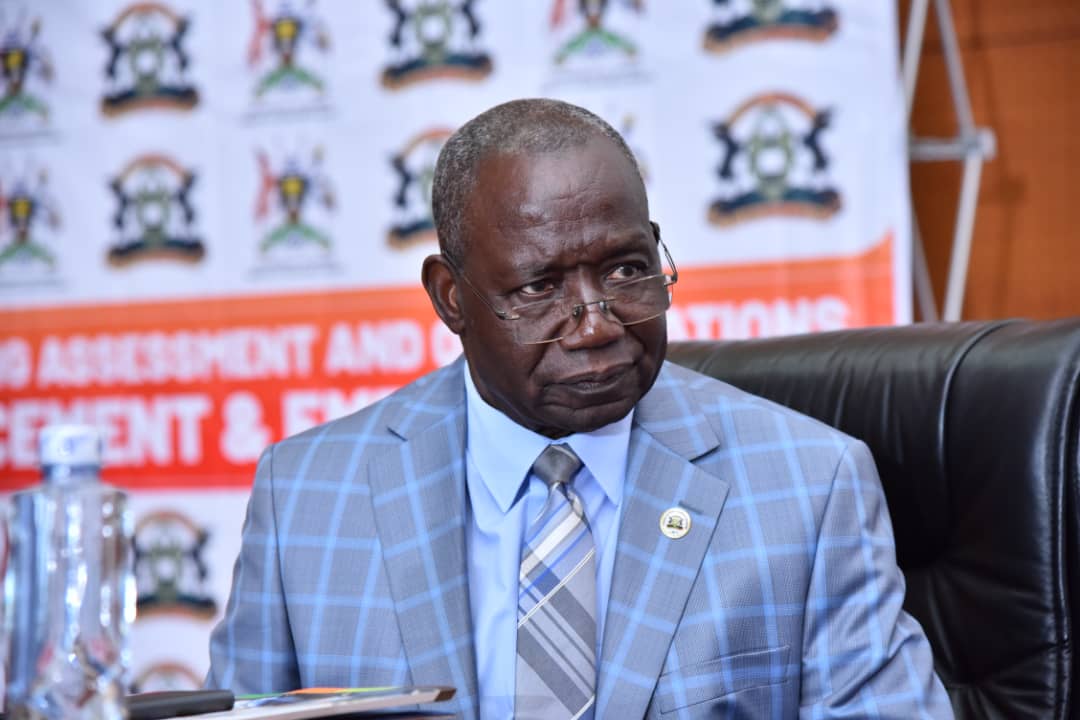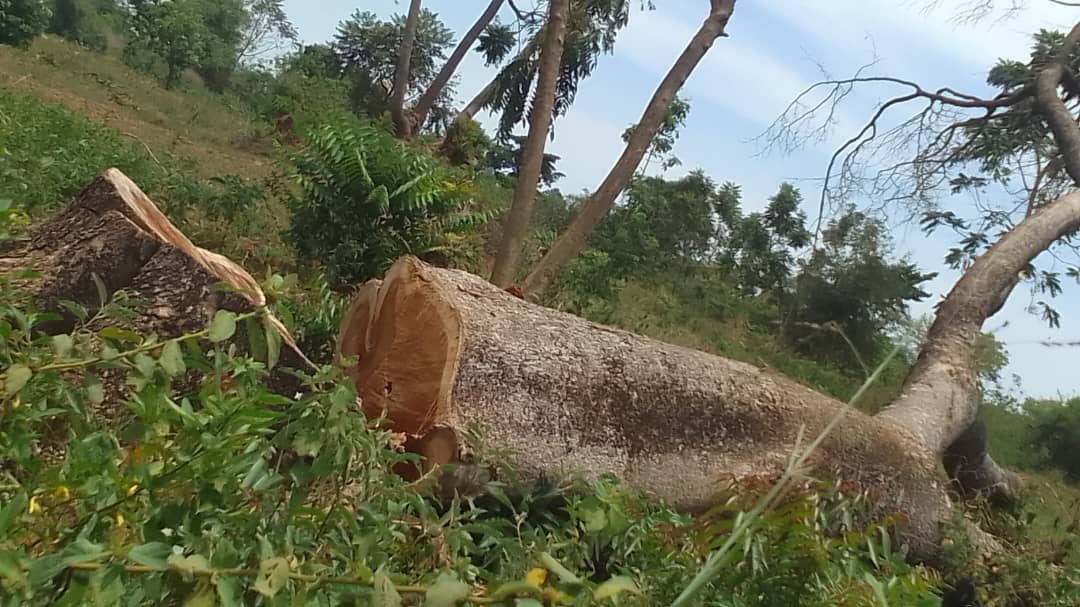Stranded Kyambogo hostel students petition Nabbanja over Covid-19 relief cash
Stranded hostel students at Kyambogo University have petitioned Prime Minister Robinah Nabbanja, requesting to be added to the list of the urban poor who will receive cash tokens from the government.
The students were led by Nkurunziza Alphonse, the 17th deputy guild general secretary, Mandwa Elijah a representative councilor, and Kamya Carlos, a guild minister for ethics and integrity at Kyambogo University.
Keep Reading
In their petition, the students said that many national and international students at Kyambogo currently lack accommodation having failed to return home following an abrupt closure of all learning institutions by President Museveni in a measure that aimed at curbing the coronavirus pandemic.
“The purpose of this communication is to call upon the office of the prime minister together with the National COVID-19 Task Force to be considerate enough in selecting the vulnerable groups of people to benefit from the COVID-19 relief plan,” the students stated in their petition.
“It is also a humble request to the office of the prime minister and the National COVID-19 Task Force to consider the many National and International students stranded within various hostels of different universities across the country as part of the vulnerable.”
In a phone interview with this reporter, Kyambogo University guild deputy prime minister Nkurunziza said that many of their students are stranded in hostels with no food and necessities to sustain them throughout the period of the lockdown.
These now join their counterparts at Makerere University and Makerere University Business School (MUBs) who also asked Nabbanja to consider them as vulnerable.
In an interview with Nile Post, MUBS guild president Ogwang Robinson told Nile Post yesterday that many of their students were not able to return home because some were doing internships at different companies, and are now stranded.
Minister Nabbanja while talking to the press earlier this week said that only people with phone transactions not higher than Shs 500,000 will be considered vulnerable.


